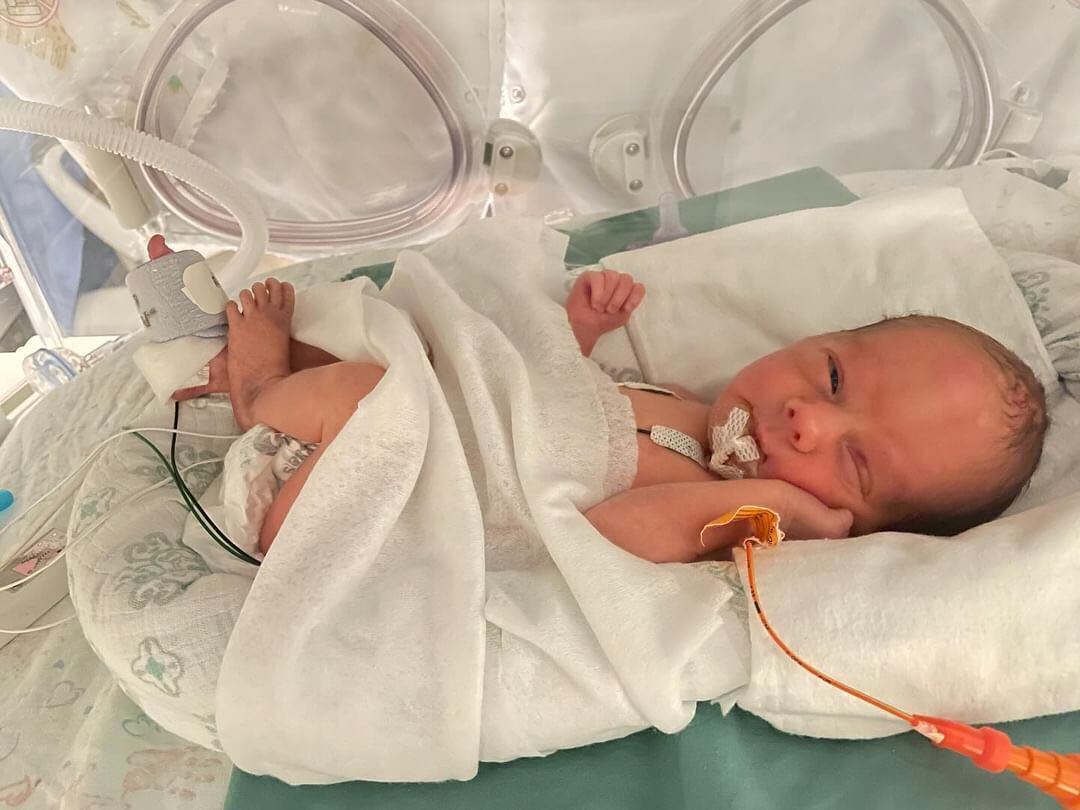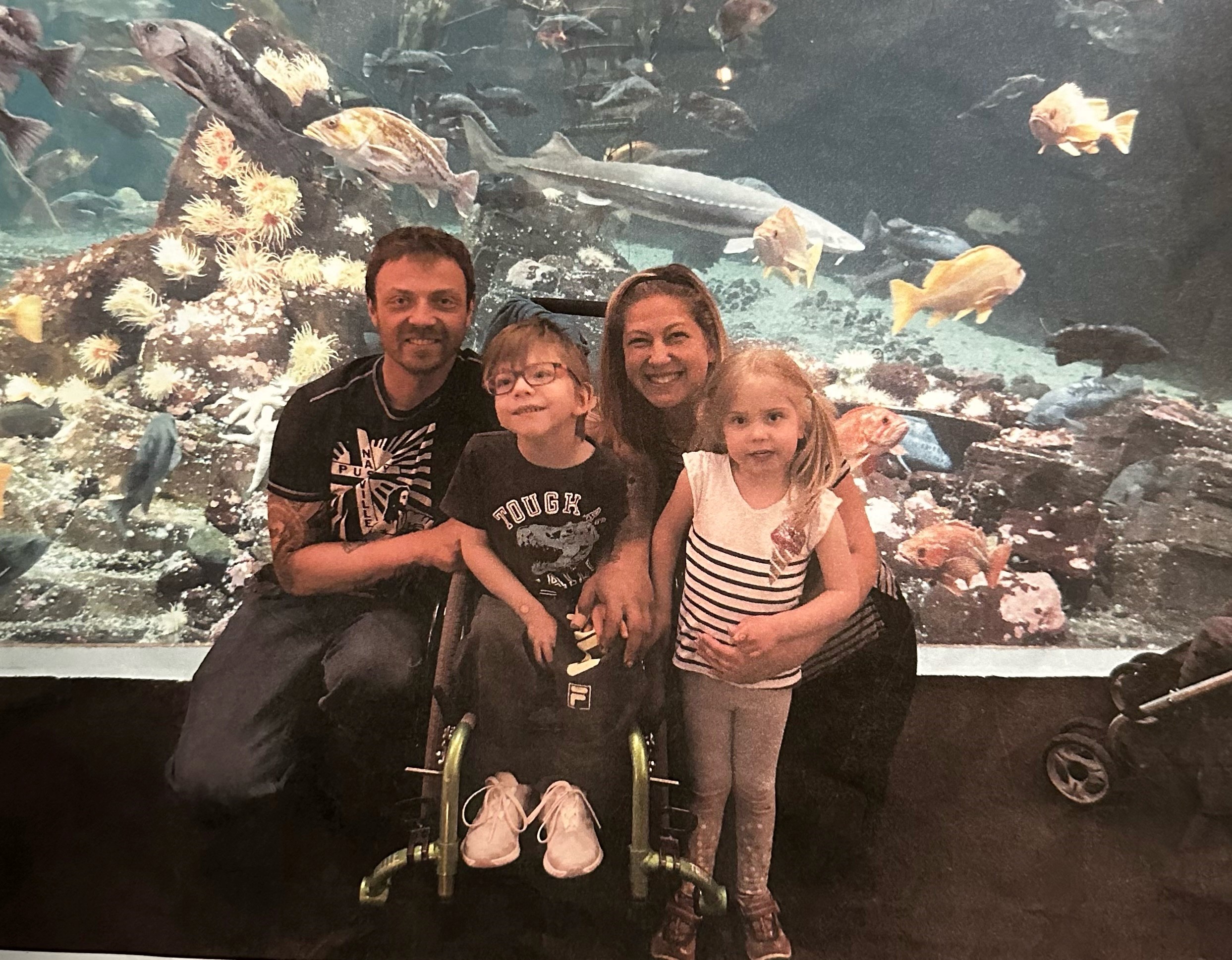
It is difficult to describe the emotional pain from losing a baby. Although it can be one of the most heartbreaking events in people’s lives, sharing the experience can offer tremendous solace to those impacted.
Diana was 18 weeks pregnant when she was quickly admitted to Maternal Fetal Medicine at BC Women’s Hospital after hemorrhaging. Discovering she had a partial placental abruption and low amniotic fluids, there was nothing doctors could do until her baby reached viability. Her condition was unexplainable and unprovoked, making it very difficult to comprehend.
Sadly, Diana experienced a devastating loss when she delivered her stillborn baby boy at 22 weeks and 3 days – a few days short of viability.
She didn’t know how to recover. Nothing could provide her with comfort and she was overwhelmed with regular tasks or social encounters. What made her pain worse was when people told her “don’t worry, you’ll have another baby soon,” a huge disrespect to her loss.
Eventually, she gathered the courage to attend the Recurrent Pregnancy Loss Clinic at BC Women’s Hospital and discovered it was the best first step in her road to recovery. Listening to other families stories, she learned there are many forms of loss throughout all the stages of pregnancy, and that it is more common than many believe. More than anything, this made her feel understood. It gave her the strength to share her own story.
After months of therapy, Diana wanted to take the next step so she spoke to doctors to better understand her medical history, and wrote letters to friends and family. She also continued to teach perinatal yoga to mothers, something she had done before this experience. Only now, she had a new found knowledge of possible risks, and advocated yet stronger for mothers to take charge of their bodies, especially during the prenatal period.
Diana also regained her strength by giving back. To honour her late baby, Diana and her family fundraised for organizations that work with foster children in developing countries. She also fundraised for the Foundation, specifically towards neonatal research for high-risk pregnancies at the NICU.
Diana believes that “although there is no prescribed remedy or handbook for dealing with loss,” by sharing her story, she can help others understand they aren’t alone.
“My intentions are to carry the voices of women who have lost a baby (or babies) at any stage of pregnancy who didn’t feel acknowledged or heard.”There is power in sharing your story. If you have your own experience you’d like to share with us, please get in touch.
BC Women’s Health Foundation is BC’s largest non-profit organization dedicated to advancing the full spectrum of women’s health. The information shared is intended to educate, inform, and point readers to credible sources. It is not intended to substitute professional medical advice.
-
Hope and Healing for BC’s Most Vulnerable
Not all pregnancies go smoothly. Some new moms encounter a multitude of life-threatening challenges. This was ...
Read more -
Immunoassay Analyzer for Newborn Screening
Simply put, early detection through newborn screening is saving lives. Baby Harri was one of the fortunate bab...
Read more -
A Journey of Hope + Gratitude
"You just never know how much you’ll appreciate a great facility like this until you go through something yo...
Read more



